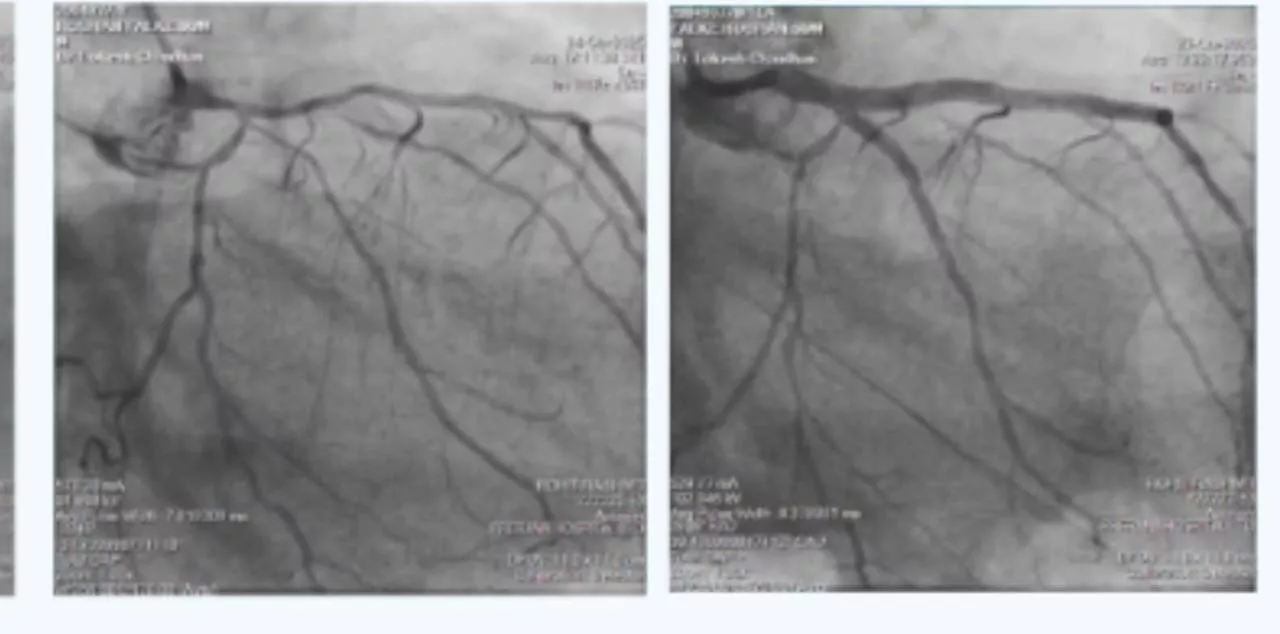Heart valve disease affects an estimated 100 million people worldwide, often leading to significant morbidity if not treated in time. For patients with severe valvular disease, especially aortic stenosis or regurgitation, valve replacement surgery is often the best course of action. With advancements in medical technology, patients now have multiple options for valve replacement, including mechanical and biological valves, as well as newer minimally invasive approaches like Transcatheter Aortic Valve Replacement (TAVR).
There are two main types of surgical heart valve prosthesis:
1. Mechanical Valves:
Mechanical valves are made from durable materials such as pyrolytic carbon and are designed to last a lifetime. This makes them an ideal choice for younger patients. However, a major trade-off is the need for lifelong anticoagulation therapy.
2. Biological (Tissue) Valves:
Biological valves are made from animal tissues (typically porcine or bovine). These valves last 10–20 years and have a lower risk of clot formation, thus long-term blood thinners are not required.
There is a category of valves under biological valves which are stentless. This design allows for a larger effective opening and better blood flow. It is often chosen for patients who want to avoid anticoagulation and for whom a larger valve size is important.
Factors Influencing Valve Choice
The selection of bioprosthetic (tissue) heart valves is influenced by a variety of factors that differ significantly across age groups. While biological valves are increasingly being used across all age ranges due to improvements in durability and the rise of valve-in-valve procedures, the decision depends on a case to case analysis of the patient.
Minimally Invasive TAVR therapy:
It is a minimally invasive procedure used to replace a diseased aortic valve, typically one affected by severe aortic stenosis without the need for open-heart surgery.
When is TAVR Recommended?
TAVR started as an option for patients whose aortic valve is very narrowed (called severe aortic stenosis) and are older adults or people with other health problems who may have a harder time with surgery. It is also indicated for patients who have had heart surgery before or can’t tolerate the heart-lung machine used in surgery.
It is important to evaluate the physical suitability of a patient to undergo TAVR. Doctors make sure the blood vessels are good enough to safely deliver the valve through a small tube (usually from the leg). Some heart valve shapes or conditions (like a bicuspid valve) may require special consideration.
Heart valve replacement is a critical intervention that can significantly improve quality of life and survival for patients with severe valve disease. With several options available from mechanical and biological valves to transcatheter technologies, personalized care is more important than ever. Informed discussions with the physician and shared decision-making are essential to ensure that the selected valve aligns with the patient's medical needs, lifestyle, and long-term goals.











